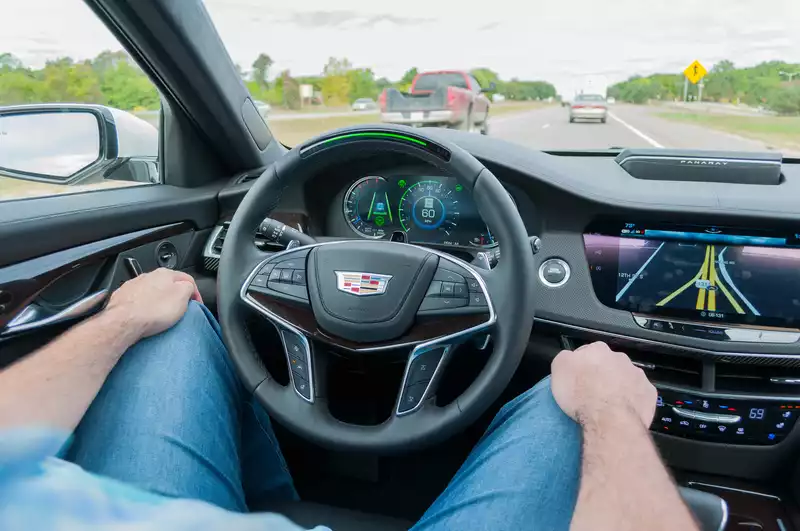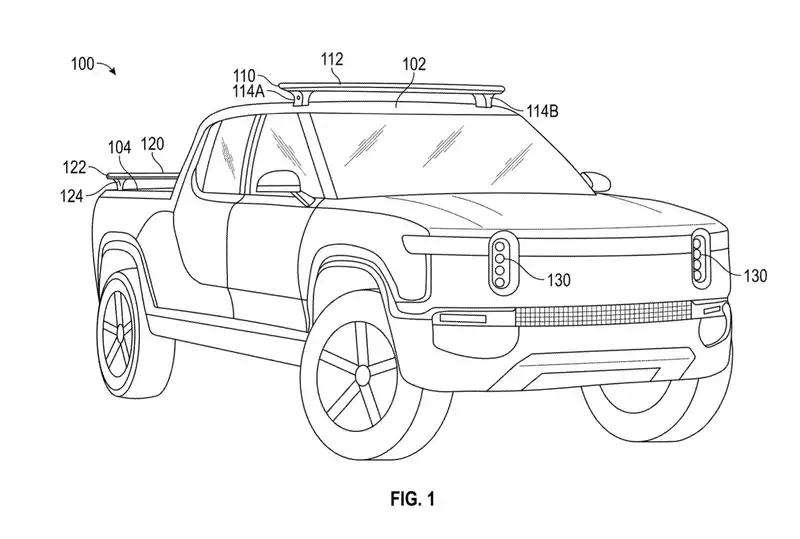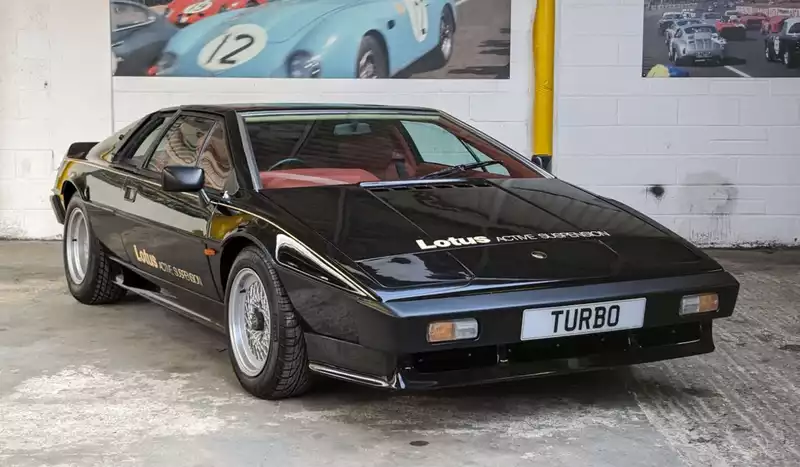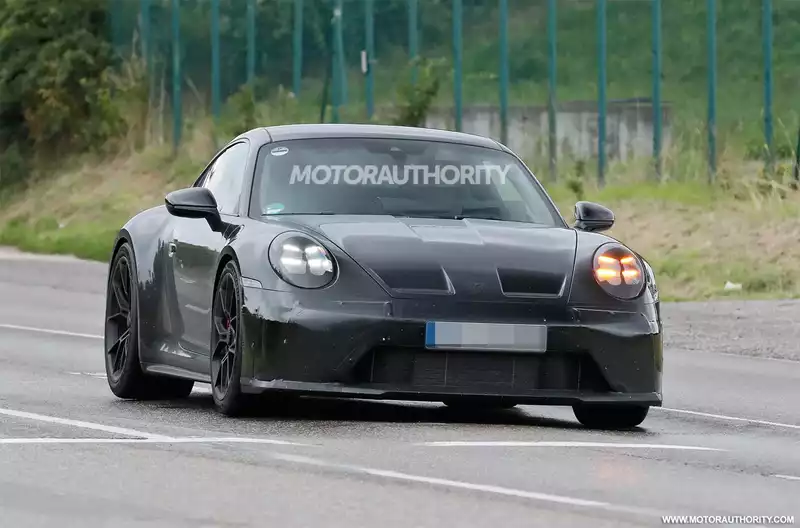Mercedes-Benz Vision EQXX electric concept car, 746 miles on a single charge.
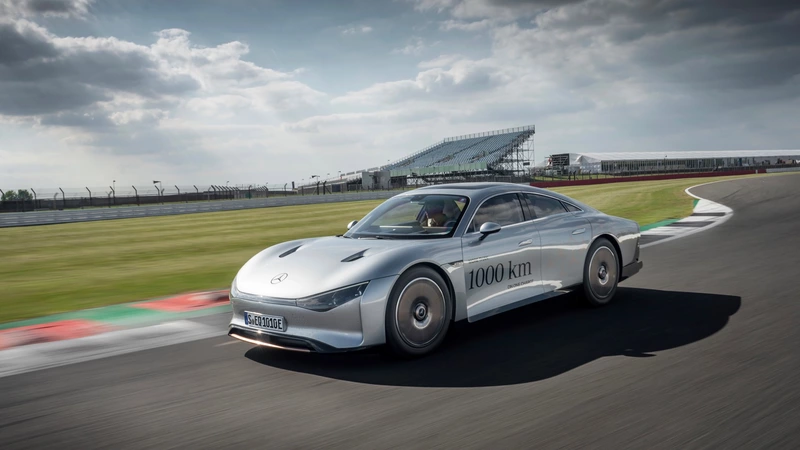
Earlier this year, the Mercedes-Benz Vision EQXX concept, which traveled 626 miles on a single charge, broke its own record by driving 1,202 km (746 miles) between Stuttgart, Germany and Silverstone, England.
During the journey, the Vision EQXX averaged 7.5 miles per kwh, Mercedes announced in a press release on Thursday. The trip lasted 14 hours and 30 minutes over two days, with an average speed of 52 mph and a top speed of 87 mph, the company said.
Mercedes sent the Vision EQXX out on this second long-distance drive to test it under different conditions; the first, in April, took the car from Stuttgart across the Alps to the French Riviera in relatively cool spring weather.
The trip did not involve the same aggressive energy use and regenerative braking as the Alps crossing, but according to Mercedes, drivers had to deal with warmer temperatures and increased traffic around Stuttgart and in the southeast of England. Air conditioning was used for about eight hours of the drive, but had "only a minimal impact" on overall energy consumption, the automaker claims.
The Vision EQXX crossed Germany and France to Calais, where it was loaded onto a Eurotunnel train and driven under the English Channel. The driver then took the M25 freeway to Silverstone, stopping at the Mercedes-Benz F1 base in Brackley. Formula E driver Nyck de Vries then drove 11 laps around the Silverstone track, reaching a top speed of 87 mph.
The Vision EQXX, unveiled at the Consumer Electronics Show (CES) in January 2022, achieves its incredible range by optimizing every aspect of the car, from software and aerodynamics to the motor and materials. Mercedes utilized every department, including its Formula 1 team, to maximize the efficiency of this car.
The drag coefficient of about 0.17 is the lowest of any production car, surpassing the 0.20 Cd of the Mercedes-Benz EQS. A power-extended rear diffuser helps reduce drag, and integrated aero shutters work with a series of cooling valves and a water pump to maintain optimal battery and drive unit temperatures.
To reduce weight, engineers used software tools to create high-strength components with the least amount of material possible. The Vision EQXX also has a built-in solar panel to provide auxiliary power, something that startups Aptera, Lightyear, and Sono have also proposed.
Mercedes has no plans to release a production version of the Vision EQXX, but with the company's goal of going all-electric by 2030, it is hoped that at least some of the concept's technology will be incorporated into future production vehicles.
